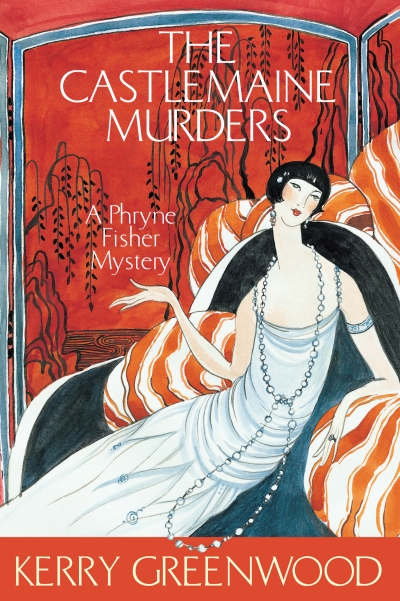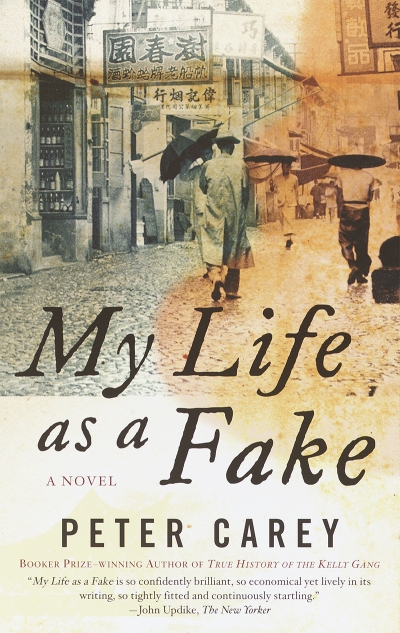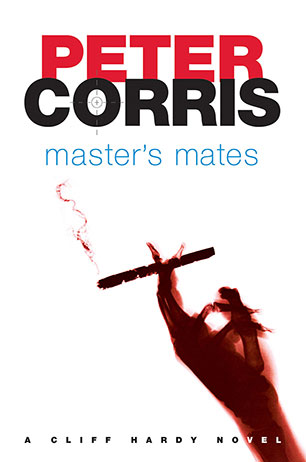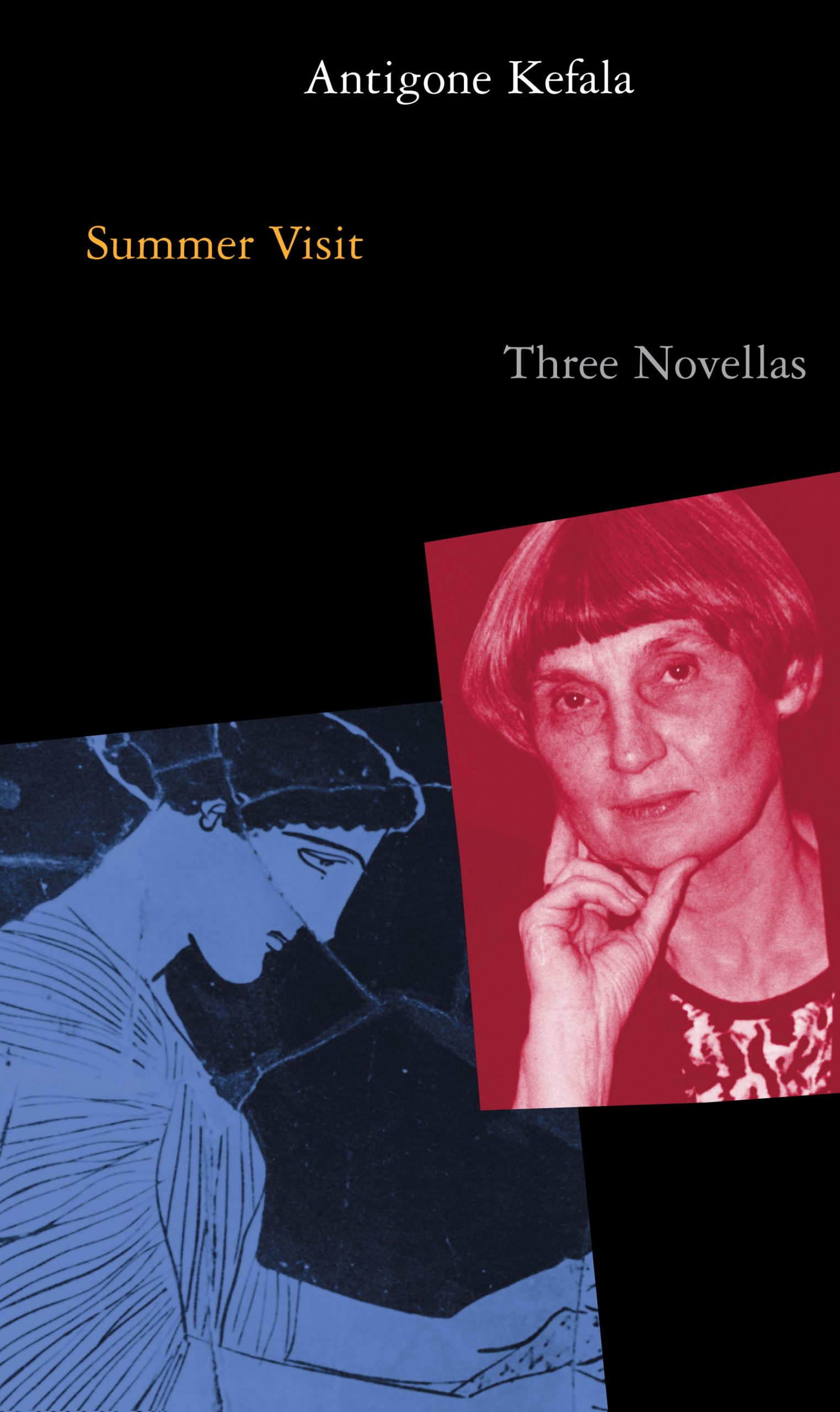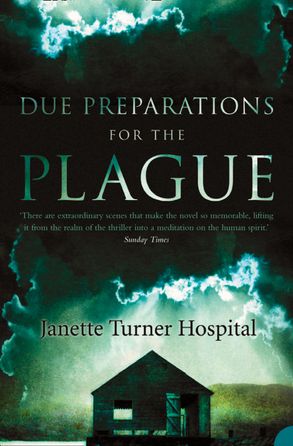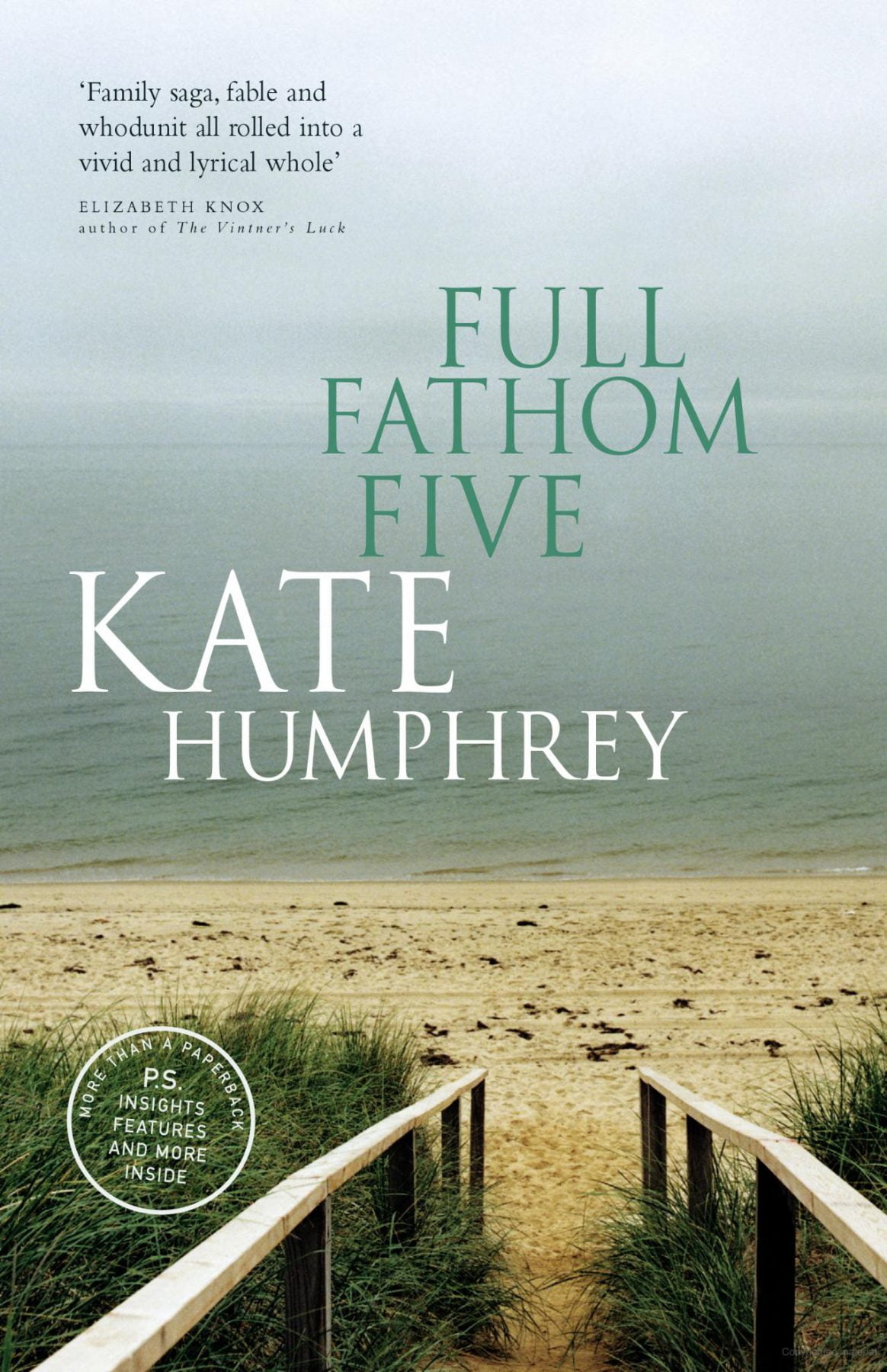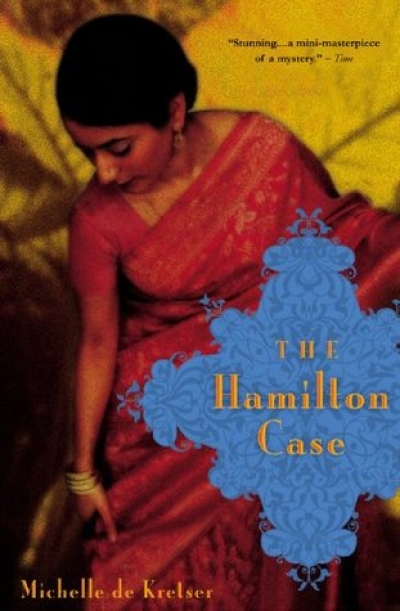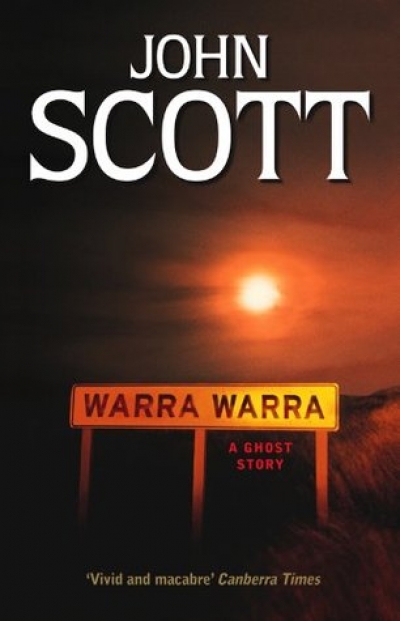Fiction
Master's Mates by Peter Corris & Kittyhawk Down by Garry Disher
by Don Anderson •
Summer Visit by Antigone Kefala & The Island/L’île/To Nisi by Antigone Kefala
by Stathis Gauntlett •
Due Preparations for the Plague by Janette Turner Hospital
by Brenda Niall •
Full Fathom Five by Kate Humphrey & The Rose Leopard by Richard Yaxley
by Johanna de Wever •


